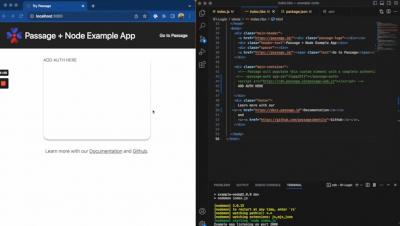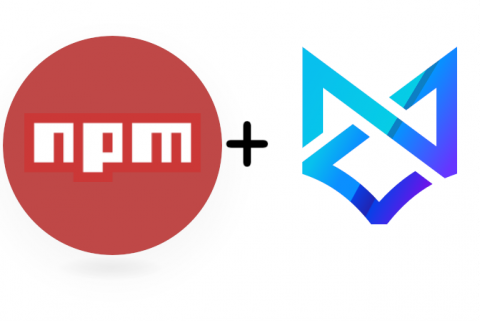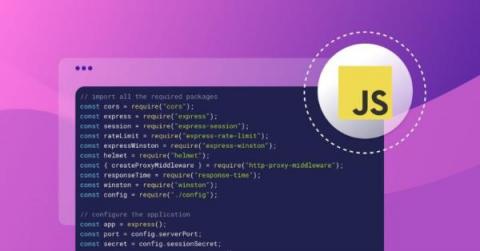Security | Threat Detection | Cyberattacks | DevSecOps | Compliance
NodeJS
Get Started with private npm packages
Bytesafe Community Edition (CE) is a free, robust security platform designed to protect organizations from open source software supply chain attacks. It’s an ideal tool to manage your JavaScript projects and packages securely. Here’s a simple guide to get you started with Bytesafe CE and JavaScript.
How to generate an SBOM for JavaScript and Node.js applications
SBOM is the acronym for Software Bill of Materials, which is a list of all the open source npm packages that are part of your project. But it’s not only limited to open source or software packages, and can include operating system libraries, microservices inventory and more.
Preventing insecure deserialization in Node.js
Serialization is the process of converting a JavaScript object into a stream of sequential bytes to send over a network or save to a database. Serialization changes the original data format while preserving its state and properties, so we can recreate it as needed. With serialization, we can write complex data to files, databases, and inter-process memory — and send that complex data between components and over networks.
Avoiding mass assignment vulnerabilities in Node.js
Mass assignment is a vulnerability that allows attackers to exploit predictable record patterns and invoke illegal actions. Mass assignment usually occurs when properties are not filtered when binding client-provided data-to-data models. Vulnerabilities of this type allow an attacker to create additional objects in POST request payloads, allowing them to modify properties that should be immutable.
Comparing Node.js web frameworks: Which is most secure?
JavaScript is the world’s most popular programming language, providing many web frameworks that help developers build secure, reliable Node.js web applications. Each framework has unique features, and which framework is right for you depends on your preference and the type of application you intend to create. With so many frameworks available, you need a way to assess their security.
The security concerns of a JavaScript sandbox with the Node.js VM module
Were you tasked with building a product that requires the execution of dynamic JavaScript originating from end users? You might think building it on-top of Node.js VM module is a viable way to create a JavaScript sandbox. In this article, we’ll learn why that’s far from being a recommended approach and the security implications of doing so. Every now and then there’s a project that challenges the rudimentary and routine backend development. APIs? Message queues?
You should be using HTTP Strict Transport Security (HSTS) headers in your Node.js server
For most websites and apps, employing security-related HTTP headers has become standard practice. Websites use headers as part of HTTP requests and replies to convey information about a page or data sent via the HTTP protocol. They might include a Content-Encoding header to indicate that the content is a compressed zip file or a Location header to specify a redirect URL.
How to build a secure API gateway in Node.js
Microservices offer significant advantages compared to monoliths. You can scale the development more easily and have precise control over scaling infrastructure. Additionally, the ability to make many minor updates and incremental rollouts significantly reduces the time to market. Despite these benefits, microservices architecture presents a problem — the inability to access its services externally. Fortunately, an API gateway can resolve this issue.











